
In an unusual procedural move, especially after numerous legal efforts trying to get a federal court in Oregon to throw out a climate lawsuit, Juliana v. US, brought by 21 young people, the American Petroleum Institute (“API”) filed a motion Thursday night requesting the court’s permission to withdraw from the litigation. The association is following the lead of the National Association of Manufacturers (“NAM”), who filed a similar motion to withdraw on Monday, May 22.
It remains unclear whether the third trade association defendant in the case, American Fuel & Petrochemical Manufacturers (“AFPM”), intends to follow NAM and API’s lead and retreat, or continue in the case as a party. For any defendant to leave the litigation, U.S. Magistrate Judge Thomas Coffin must grant permission.
Julia Olson, co-lead counsel for plaintiffs and executive director of Our Children’s Trust, said:
“API and its members will not come clean on the facts of climate change because they know it exposes them to liability for the damage they too have caused to the global climate system.
After these youths sued the government, the trade associations pleaded their members’ interests would be destroyed if they weren’t allowed to be in the case, but now they are running for the hills. Now, they’ve decided they’re better off being on the sidelines than subjecting themselves to discovery.”
Philip L. Gregory, co-lead counsel for plaintiffs and a party with Cotchett, Pitre & McCarthy LLP of Burlingame, CA, said:
“What is noticeably absent from these withdrawal motions is the reason why the fossil fuel industry wants to leave the case. They plead with the court to let them out, yet fail to give Judge Coffin any reason behind their change of heart.”
Alex Loznak, 20, of Roseburg, Oregon and one of the youth plaintiffs in the case, said:
“Our government is a trustee over the atmosphere, and yet the Trump Administration is wrongfully colluding with the intervenors to increase carbon emissions. These industry groups can’t be allowed to interfere with our democracy or our climate system without consequences.”
When youth plaintiffs filed their lawsuit in August 2015, only the United States and government agencies were named as defendants. In November 2015, the associations intervened in the case on the side of the U.S. government defendants, calling the lawsuit a “direct threat to [their] businesses.”
In a January 2016 proceeding before Judge Coffin, an attorney representing all three trade associations explained how these associations would speak with “one voice” if permitted to join the litigation:
“…having the associations participate as associations in this litigation effectively represents those interests without a multiplicity of disparate viewpoints and voices. Rather, in fact, they have joined to speak with one voice through this intervention motion.”
The federal court allowed these fossil fuel industry associations to become full party defendants. However, when these intervenor defendants filed their answer to the allegations in young plaintiffs’ complaint, the industry claimed it lacked “sufficient knowledge” to take a position on the science of climate change, and most of the claims in the complaint. Intervenor defendants since agreed to set forth their positions on the scientific facts by responding to requests for admissions, which Plaintiffs subsequently served on March 24, 2017. When the fossil fuel defendants had not submitted their responses, Judge Coffin ordered that they be electronically-filed with the court. At the May 18, 2017 case management conference, Judge Coffin granted intervenor defendants an extension to submit their responses until the end of the day, Thursday, May 25, 2017. Rather than take a position on the science or the effects of climate change, the fossil fuel industry chose to seek to back out of the case.
Attorneys for youth plaintiffs have already collected evidence through informal discovery that shows all three associations and their members have had long-standing knowledge of climate danger, and at the same time, used their undue influence over the U.S. government to sabotage efforts to address the urgent problem.
Juliana v. United States was brought by 21 young plaintiffs who argue that their constitutional and public trust rights are being violated by the government’s creation of climate danger. The case is one of many related legal actions brought by youth in several states and countries, all supported by Our Children’s Trust, seeking science-based action by governments to stabilize the climate system.
Counsel for Plaintiffs include Philip L. Gregory, Esq. of Cotchett, Pitre & McCarthy of Burlingame, CA, Daniel M. Galpern Esq. and Julia Olson, Esq. of Eugene, OR.
Our Children’s Trust is a nonprofit organization, elevating the voice of youth, those with most to lose, to secure the legal right to a healthy atmosphere and stable climate on behalf of present and future generations. We lead a coordinated global human rights and environmental justice campaign to implement enforceable science-based Climate Recovery Plans that will return atmospheric carbon dioxide concentration to below 350 ppm by the year 2100. www.ourchildrenstrust.org/
Earth Guardians is a Colorado-based nonprofit organization with youth chapters on five continents, and multiple groups in the United States with thousands of members working together to protect the Earth, the water, the air, and the atmosphere, creating healthy sustainable communities globally. We inspire and empower young leaders, families, schools, organizations, cities, and government officials to make positive change locally, nationally, and globally to address the critical state of the Earth. www.earthguardians.org
Read Full Story
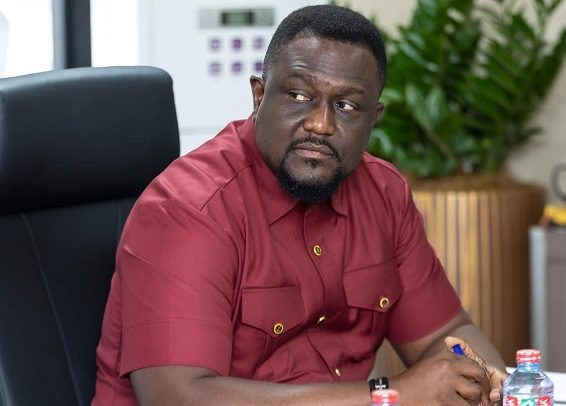

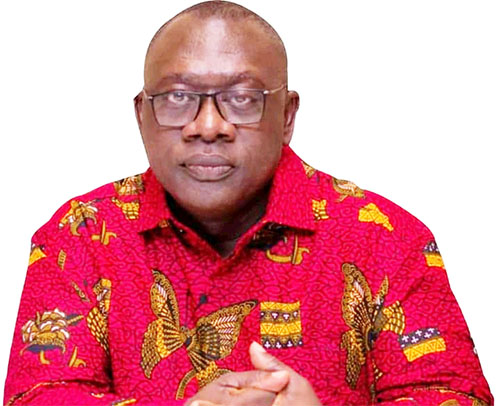
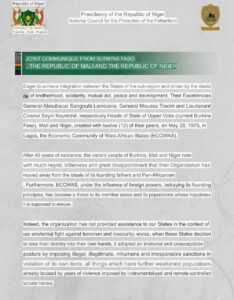
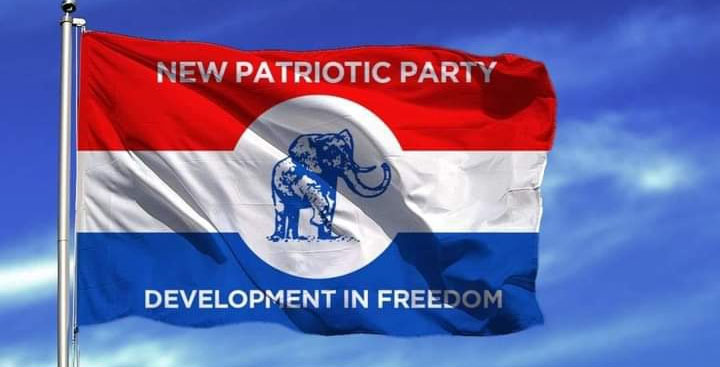

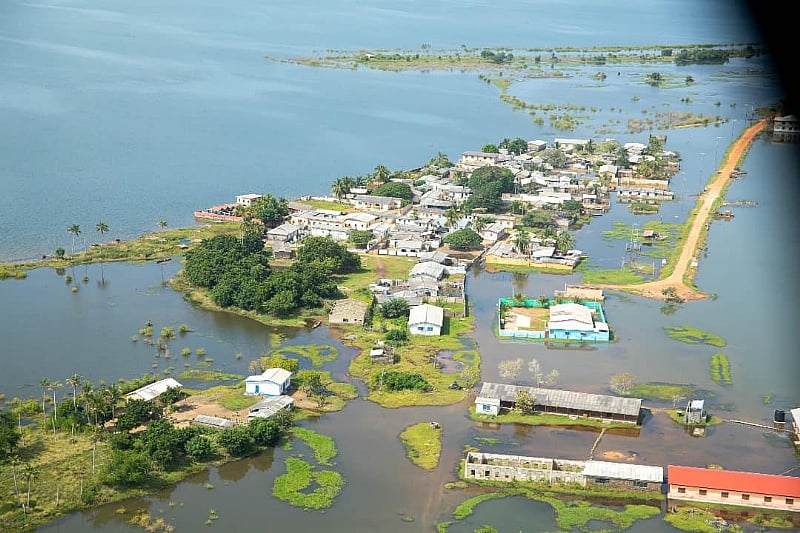








Facebook
Twitter
Pinterest
Instagram
Google+
YouTube
LinkedIn
RSS